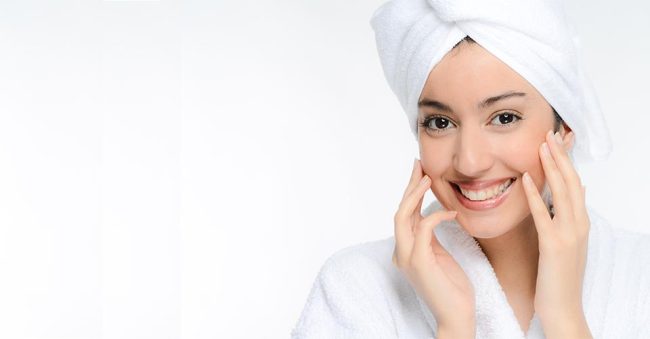The pandemic brought many people closer to makeup, skincare, and body care with endless hours at hand and not much to do confined at home. Many different trends also came along. One of these was the glass skin with the fresh, dewy finish that got people into the dewy foundation look.
While some have always gone for the traditional matte look, many started trying the dewy look. When foundation makes up most of your makeup base, finding the right finish that does not break your face can struggle. So, here is a compilation of all you need to know about matt versus dewy foundations.
Matte Foundations
A matte foundation leaves no room for sheen and provides a wholly matte and shine-free look. Matte foundations come in various formulas, including powders, sticks, creams, and liquids, and offer a wide range of coverage. Matte foundations by brands for organic cosmetic products have been very popular. Matte foundations are also noted for providing excellent coverage for all skin types.
Pros
- Matte foundations give your skin a matte, oil-free finish. These are usually powder-based and contain little to no oil. You will find many great products for people with oily skin on Shahnaz Husain’s
- They provide more coverage because matte foundations are powder-based and pigment-rich, allowing you to conceal anything on your face. They are also long-lasting.
- A good full-coverage matte foundation can be used as a concealer because it provides adequate coverage and does not reflect light.
Cons
- Matte foundations are made without any oils or heavy moisturising chemicals, which may cause dryness after continuous application.
- Matte foundations give the face a cakey, muddy look that doesn’t always go well in person.
- Specific matte formulas might be difficult to work with as smooth blending can be difficult.
- Matte foundations are very drying, so they highlight fine lines and wrinkles.
Dewy Foundations
A dewy foundation gives the skin a healthy sheen and plumpness. These foundations guarantee shine and hydration thanks to moisturising ingredients and humectants like nourishing oils. These elements work together in your dewy foundation formula to keep your skin appearing youthful and fresh.
Pros
- Dewy foundations are popular because you get a lush, natural look that doesn’t look cakey or muddy.
- Dewy foundations are rich in nourishing and hydrating elements like oils and butter, which keep the skin hydrated and smooth, avoiding any dryness. Shahnaz Husain has many products available for dry skin.
- Dewy foundations are creamy or watery, making the blending process more accessible and seamless.
Cons
- Dewy foundations are frequently very watery and sheer, making achieving a complete coverage appearance difficult.
- The foundation’s thin, almost skincare-like consistency can make acne patches and blemishes appear more.
- Dewy foundations do not last long because of their creamy and wet texture. They can be unsuitable for all-day wear.
- It will disappoint people with oily and combination skin because of its sheer coverage.
Conclusion
It is up to you to decide which finish you would go for according to your skin type, requirement or whether you want organic cosmetic products or not. If you want a long-lasting look, then go for matte. However, if you’re against its drying feeling, it is dewy. Dewy would be better for a refreshing and young look. But then matte shall work more to look blemish-free.




